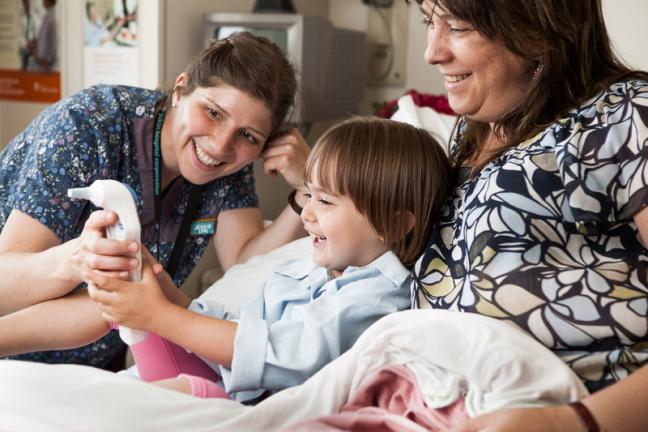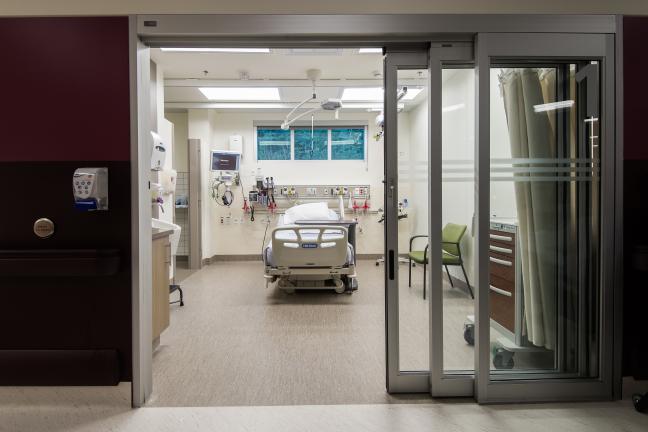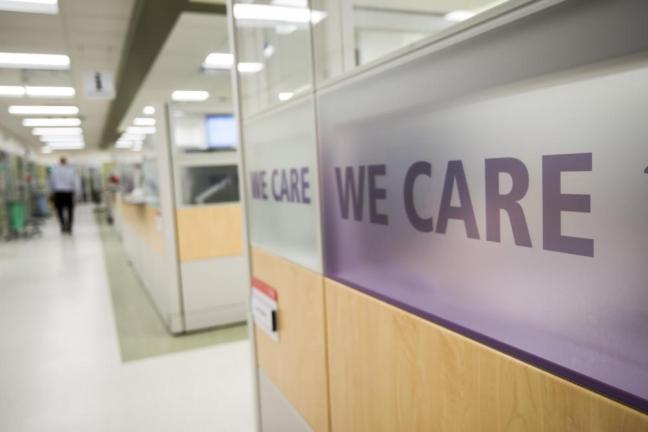At the heart of Whitehorse General Hospital are our inpatient units, providing medical and surgical care for adults, children and youth. Our team’s goal is around-the-clock safe and excellent hospital care, which includes monitoring, observation and treatment.
Our medical and surgical inpatient units have 55 beds distributed between:
- Medical care
- Surgical care and recovery
- Maternity
- Paediatric Unit
- Secure Medical Unit
- Intensive Care Unit
Our medical & surgical care team includes:
- Physicians
- Nurses
- General Surgeons
- Visiting Specialists
- Pharmacists
- Registered Dietitians
- Occupational Therapists
- Physiotherapists
- First Nations Health Liaisons
- Psychiatrists
- Social Workers
- Unit Clerks
- Healthcare Security Officers
Your health care team will consist of a number of the professionals listed above and is customized to suit the specific care you need. They will work together to meet your specific needs during your stay, help you back to the community, and keep you informed and involved in your care plan.
Surgical Patients
Our team provides 24-hour care for surgical patients. You are admitted to the surgical unit after surgery as well as if you require care beyond the hours of the Surgical Day Care Unit.


